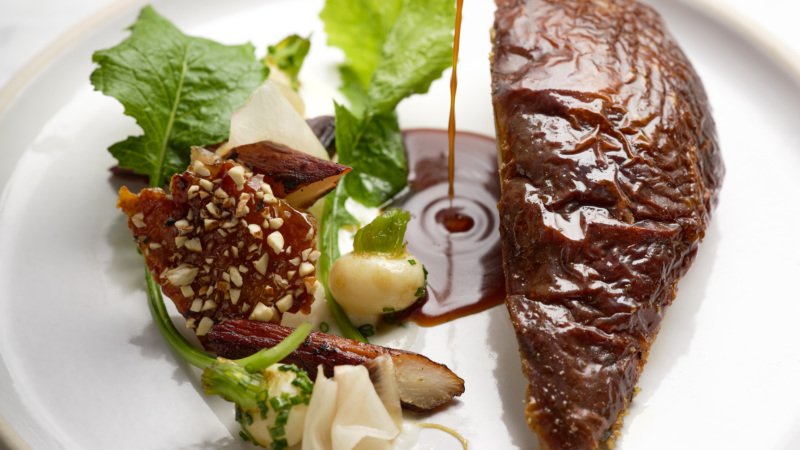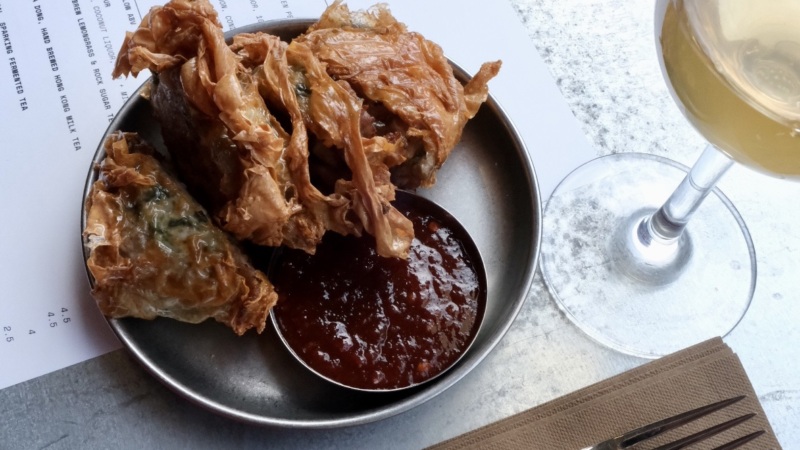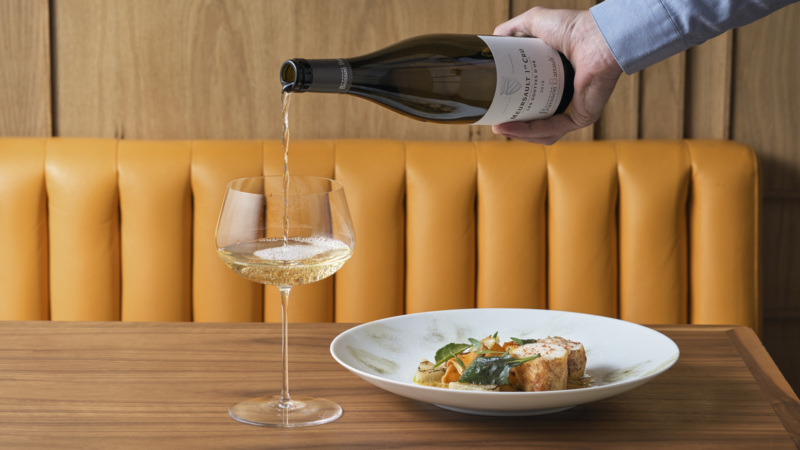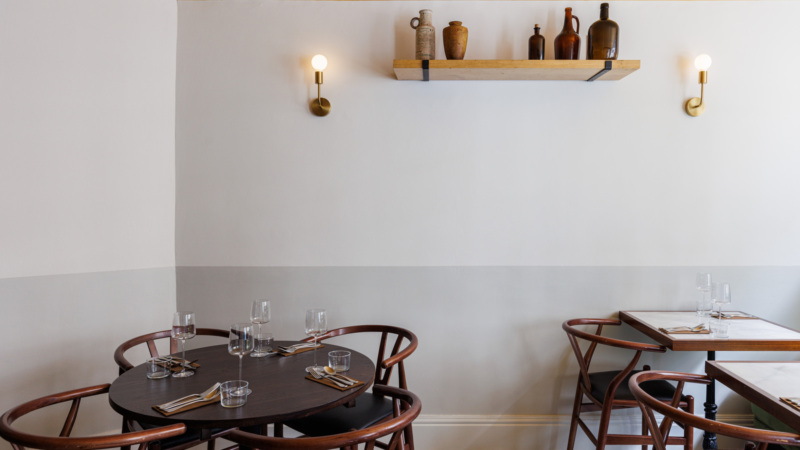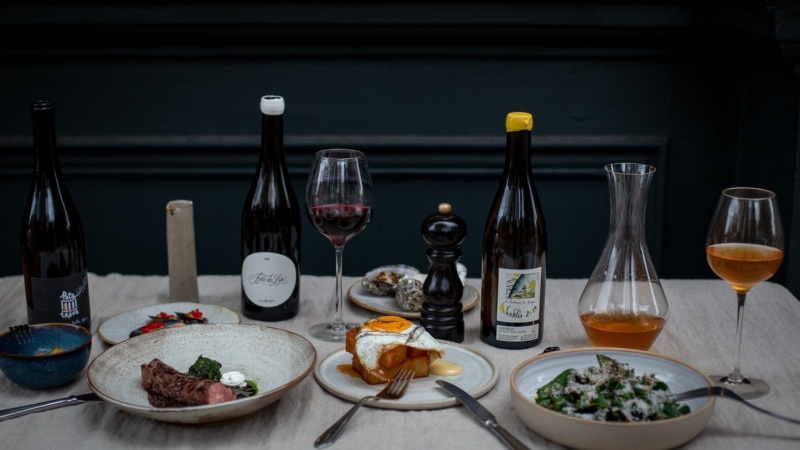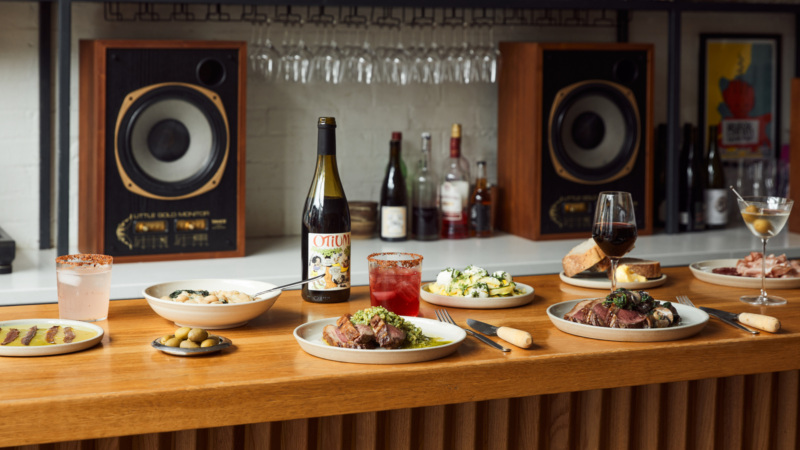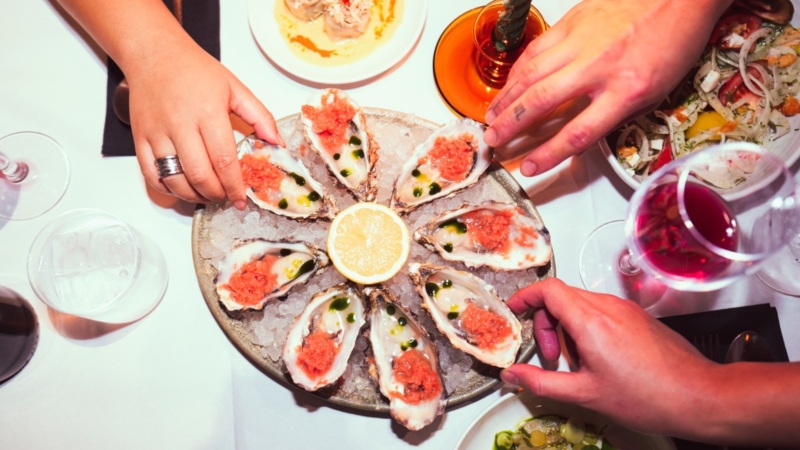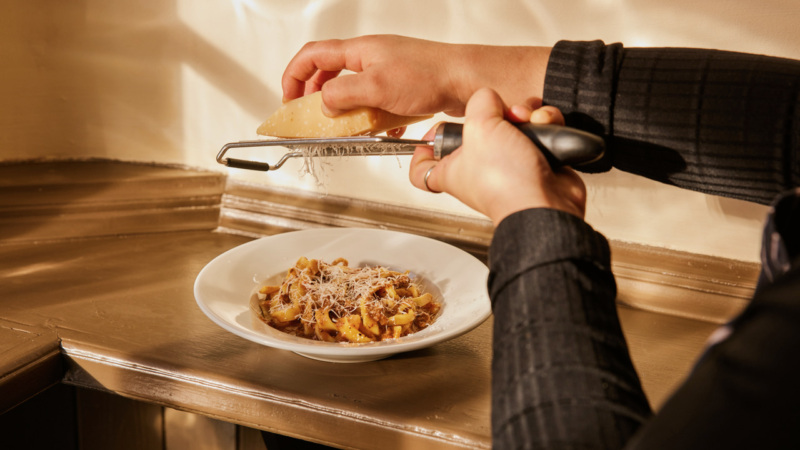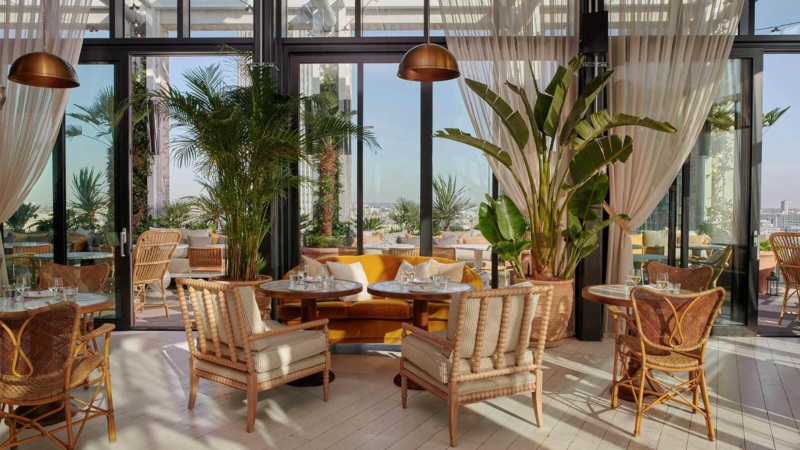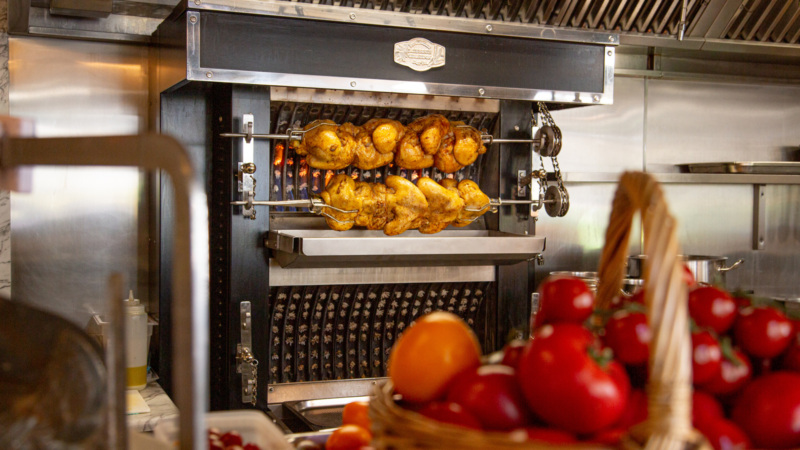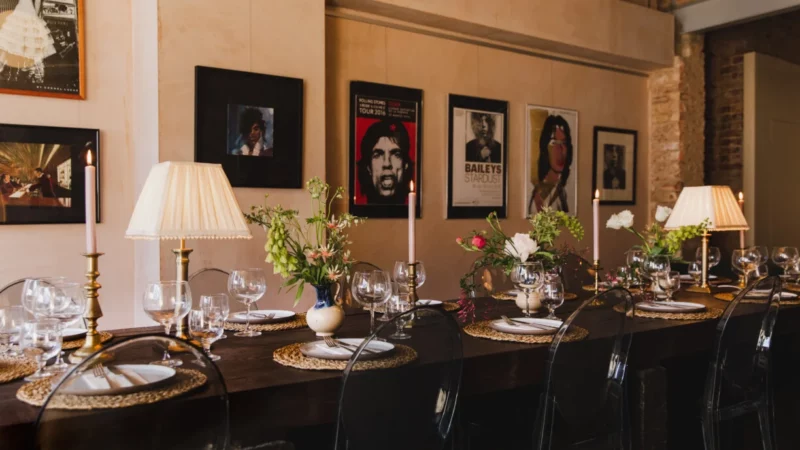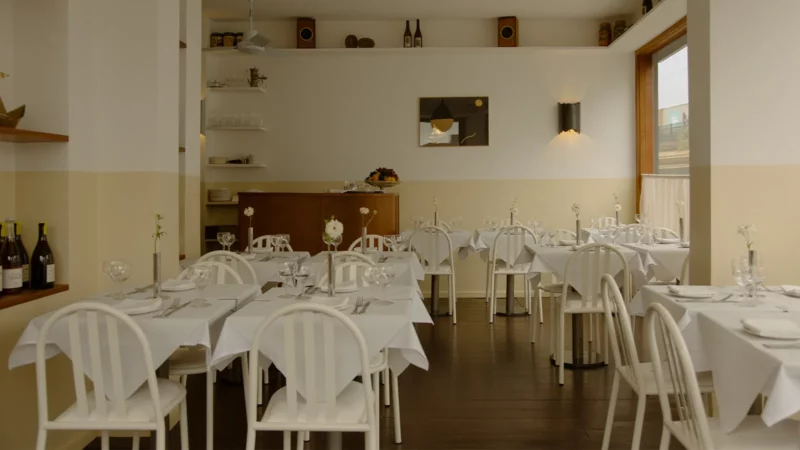
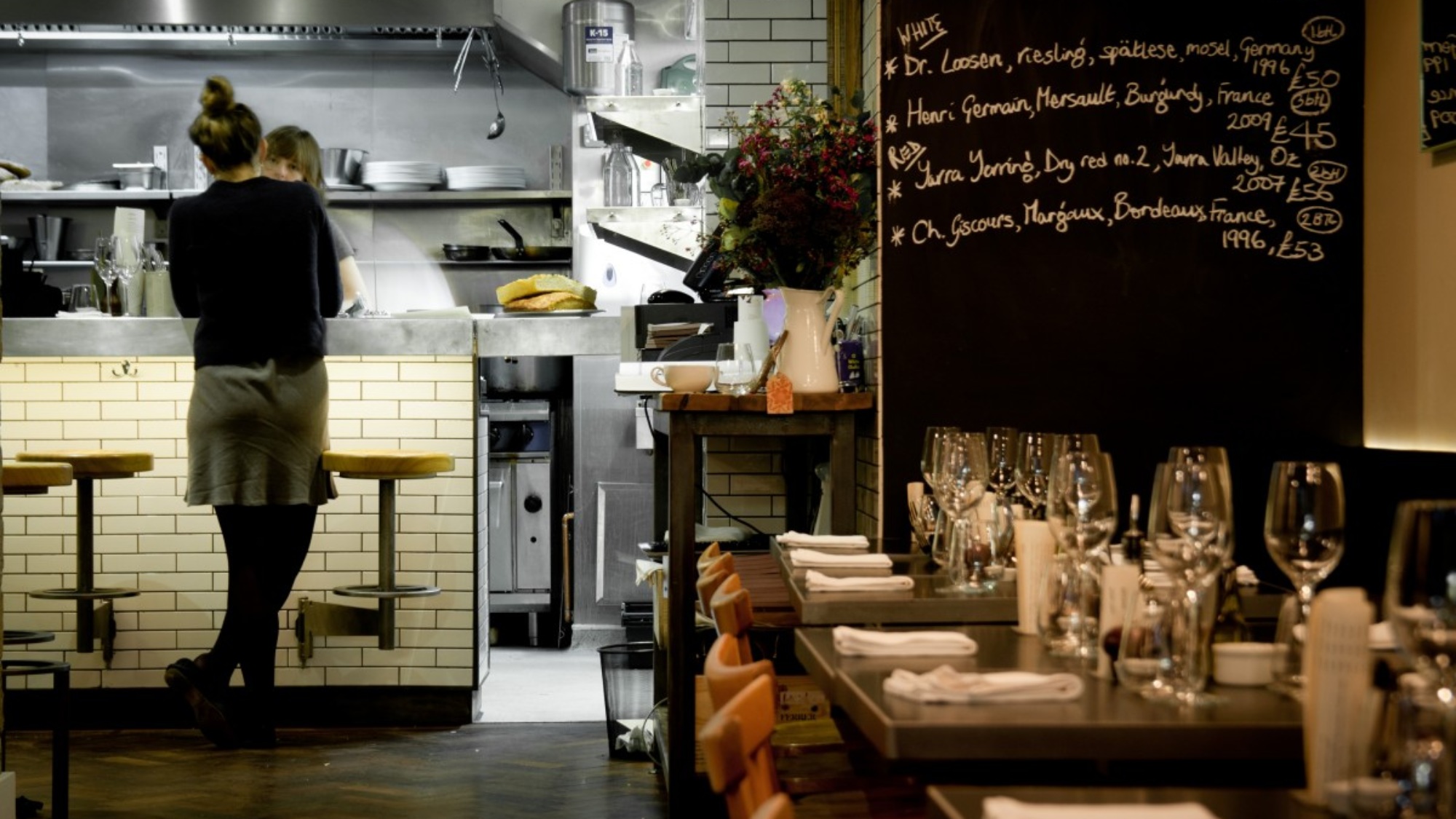
As Restaurants Reopen, Diners Should Reconsider Their Relationships to Hospitality Workers
Published:
March was supposed to mark the beginning of the tourist season. But as with most things, COVID-19 brought it, and the entire restaurant industry, to an abrupt halt. The shockwaves of the pandemic raised small business owners’ fears of defaulting on ever-increasing rent bills, and in the agonising weeks before furlough relief arrived, an already vulnerable workforce was let go with no promise of income or stable work. As restaurants closed, devastation rippled out, leaving farmers and other suppliers to contemplate the fate of perishable inventories.
But broken food-supply chains, devastating rents, and employment precarity are hardly new issues facing restaurants. Coverage of these problems has increased over the last decade, but most arguments for ethical practices in food still centre around the culinary experience.
With a reopening date for England’s restaurants imminent, a collective readjustment is needed: As diners, we need to adjust our expectations and consider a new normal beyond our immediate customer experience. And as a society, we need to rethink our relationship to the people who provide our comfort.
*****
Restaurants as we know them today are a modernisation of an era when high society existed exclusively in the private dining halls of the elite. For the occupants of manor houses, a domestic staff was necessary to carry out lavish displays of hospitality meant to secure the host’s social prestige. But the work of staff was valued only in relation to the relative invisibility of their labour.
Most contemporary social dining takes place outside of the house, but the restaurant experience is still measured on whether guests feel ‘at home’. It’s telling that when we think of hospitality, we imagine the luxuries of fine dining, spas, and bespoke cocktails. A plate of croquetas is supposed to evoke promises of Spanish wine and late-night dancing, not visions of someone scraping floury silt from a deep-fryer the next morning. The hospitality industry — the people who prepare our food, take our orders, clear our dishes — is a workforce we rely on for comfort, but consistently fail to recognise.
And despite a growing love for open kitchens over the last 20 years, the hospitality industry, and modern dining culture as a whole, still echoes its elitist history — and the people who work behind the scenes to create experiences for the privileged continue to be among society’s most vulnerable. In the UK, this is further compounded by the statistics that COVID-19 disproportionately affects the BAME community, who also make up a large proportion of the workforce in restaurants, bars, and other service sectors.
So when we say we miss being served, we have to recognise the people that serve us. There is a tremendous amount of labour and care that goes into creating hospitable experiences. Put simply, we can’t pretend that our comfort doesn’t come at a cost.
*****
Amidst the lockdown, chefs and operators have used their skills to provide crucial services to their communities, and continue to do what they do best. Restaurants and their workers have been trialling completely new business models to adapt to the changes that COVID-19 has forced upon them.
But without clear government guidance, it’s difficult for businesses to know what to expect and how to appropriately take care of their staff. As we as diners pine for summery garden pints, any reopening raises concerns of access to PPE, commute safety, and reduced hours for those working in our bars, restaurants, and cafes.
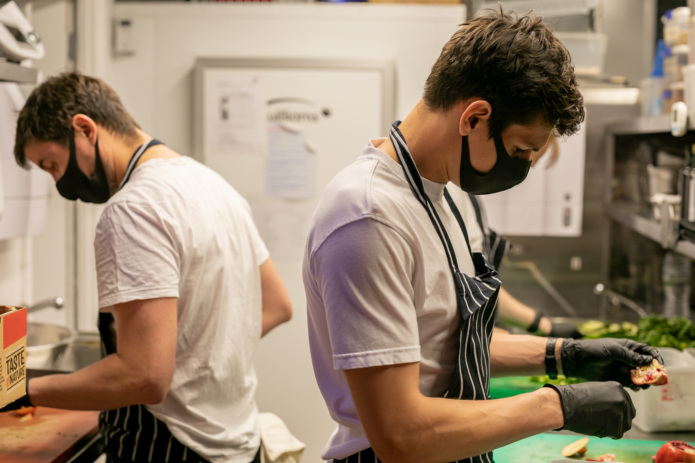
Lockdown won’t last forever, but we also can’t expect a workforce to go back without safety assurances. Much of the industry has already proven itself to be dynamic and adaptable but, being consumer-driven, it is ultimately swayed by demand and the decisions of the dining public, which will affect how the ‘new normal’ will look.
Within this crisis, we’ve been given time to imagine how the industry can and should change. People passionate about restaurants and dining culture should be advocating for the protection of their workforce, and accept that cost from the outset.
*****
The reality is that, despite support proposed by organisations like UK Hospitality and Hospitality Union, rent bills are still due while business remains barely existent. Those financial setbacks are enough to permanently tank restaurants which run on slim to zero profits. And upon reopening, that strain will only increase as restaurants have to account for new costs to reassure guests that they’re taking every safety precaution.
The places we inhabit socially are not going to be the same for a while. Now, more than ever, the public needs to support our at-risk workers and advocate for safe working conditions and fair wages.
And as diners, we’ll undoubtedly have to pay more for the luxury of a night out — but if that’s the cost of improving someone’s standard of living, isn’t that a price worth paying?
Chloe-Rose Crabtree is a chef, writer, historian, and a manager at Mei Mei in Borough Market. The restaurant is delivering fresh items, sambals, and spice mixes, which you can buy here. Follow Chloe on Twitter and Instagram.
Discover More


